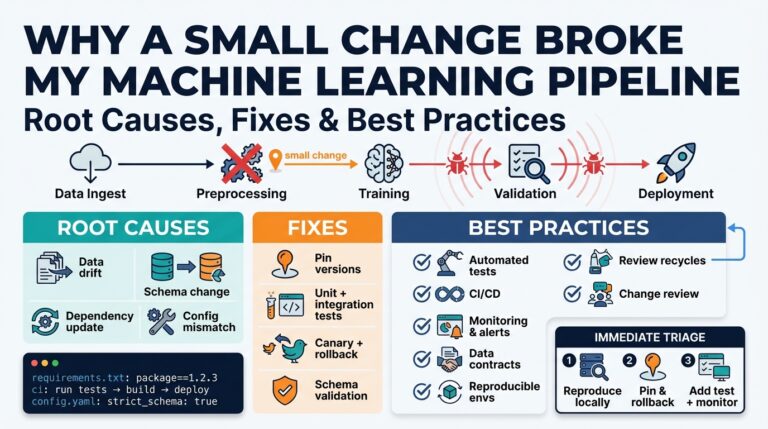When it comes to the development of artificial intelligence, names matter more than one might think. The recent decision by Anthropic, one of the rising stars in AI research, to name their advanced assistant “Claude” has drawn more than a few curious glances. But what if the choice had gone even further astray—imagine an AI named “Caligula,” after the infamous mad Roman emperor. Let’s explore why naming conventions in AI are so much more important than they appear on the surface, and why historical context should always be considered.
The Power of a Name in Tech and History
Names carry an immense weight. In mythology, literature, and history, a name can signify destiny, personality, or even fate. Tech companies, especially AI developers, are acutely aware of this, often selecting names that evoke wisdom, trust, or even friendliness. OpenAI’s “ChatGPT,” Google’s “Bard,” and Anthropic’s own “Claude” are designed to sound approachable and knowledgeable. But what happens when a name from history is shrouded in controversy or infamy?
Who Was Caligula?
Gaius Julius Caesar Augustus Germanicus, known to history as Caligula, was the Roman emperor from AD 37 to 41. His reign is often described as a textbook case of absolute power corrupting absolutely. Accounts from the time depict him as cruel, unpredictable, and, most notably, mad. Whether ordering arbitrary executions or declaring himself a living god, Caligula remains a cautionary tale about unchecked authority and irrational leadership.
Branding an AI: Why Not Caligula?
Although Anthropic did not, thankfully, choose “Caligula” as the moniker for their AI, the thought experiment is revealing. Imagine interacting with an AI named after one of history’s most infamous despots. Here’s why that would be problematic:
- Trust and Approachability: Users are understandably wary of AI. Trust is foundational. Naming an AI after a notorious tyrant, even as a tongue-in-cheek gesture, would undermine faith in the product’s reliability and intentions.
- Historical Associations: Names evoke subconscious associations. “Caligula” conjures images of erratic, self-serving rule. People might half-jokingly expect the AI to act unpredictably or even maliciously.
- Brand Image and Ethics: Companies want their products to be seen as helpful and safe. A name like Caligula could signal the opposite, sending the wrong message about the values underlying AI development.
Claude: A Wiser Choice
Anthropic’s actual choice—Claude—presumably honors Claude Shannon, the “father of information theory.” This is a respectful nod to scientific advancement and collaborative knowledge, exactly the kind of values that should underpin modern AI. This sets a tone of competence, civility, and intellectual heritage—qualities much more reassuring than those associated with a mad emperor.
Why Names Matter for Users and Society
AI isn’t just a technology—it’s a social phenomenon. The way we name and interact with these systems shapes public perceptions and user behavior. Friendly or neutral names encourage constructive engagement and suggest ethical responsibility. In an era of growing concerns around AI safety, privacy, and bias, such decisions are anything but trivial.
Final Thoughts
Anthropic’s choice to avoid the trappings of infamy and create a culture of trust through thoughtful naming is a small but telling sign of the industry’s growing maturity. Next time you chat with an AI assistant, think about what’s behind the name—and be thankful you’re not speaking with Caligula!



